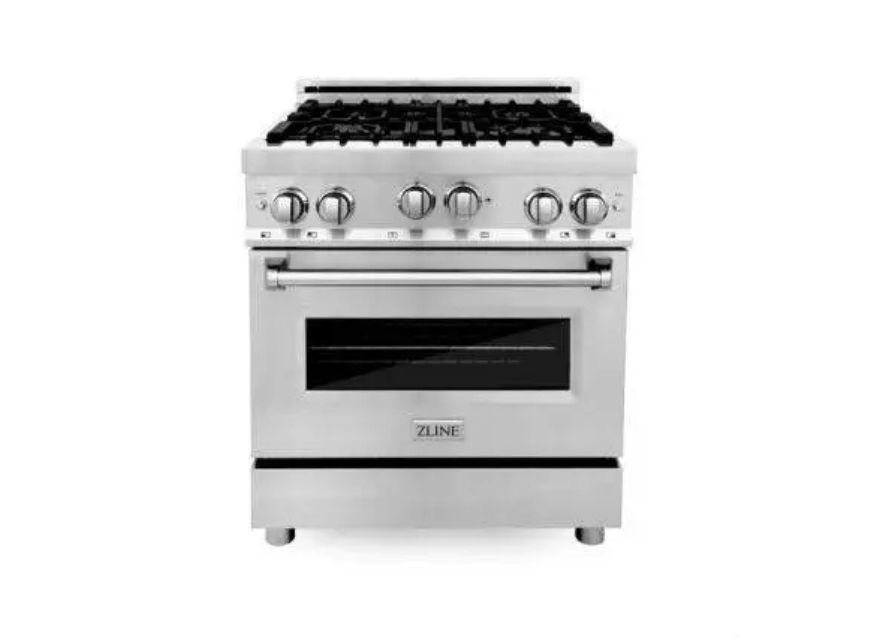Sellers Guide to a Home Inspection

Selling your house can be a difficult process. You must go through several steps to locate a buyer willing to meet your asking price. When you believe you’ve identified the right buyer, you’ll encounter the Offer to Purchase Conditions, which typically include:
1. Subject to Financing.
2. A Home Inspection.
Home inspections are now a typical step in purchasing a house. Many buyers hesitate to move forward without this evaluation, particularly given the current high interest rates. With limited funds for unforeseen repairs, buyers need to be aware of potential issues with home systems, appliances, HVAC units, and water heaters.
Home inspections involve comprehensive assessments of key aspects and systems throughout the house, including the attic and basement. A certified, insured home inspector performs the evaluation and delivers an in-depth report summarizing their observations.
Understanding that home inspection results don’t necessarily cancel offers is crucial. Rather, it’s the state of the property that does. Once the details are understood, buyers face decisions: negotiate repairs before finalizing, adjust the price for future repairs, or decide to withdraw.
British Columbia offers a 72-hour Buyer Protection Program. Should a buyer choose to withdraw, they will face a charge of $250 for each $100,000. They have a window of 72 hours to schedule a Home Inspection.
In a home inspection, the buyer holds significant influence, which can be challenging for sellers who have limited authority over the proceedings. Nevertheless, there are strategies to alleviate the stress linked to this experience.
To ensure a seamless inspection process, make certain that the inspector has straightforward access to every part of your house. According to Leenan Management, any section that isn’t evaluated won’t receive a score. Neglecting an area could postpone the sale, and you might have to incur costs for a follow-up inspection.
Here are steps to prepare for a home inspection:
1.Complete Necessary Repairs
- Consider performing an initial assessment to uncover any concealed problems. Handle necessary repairs and be ready to discuss those you opt not to address. Important repairs consist of:
- Unclogging blocked drains
- Fixing broken or cracked windows
- Replacing missing shingles
- Repairing any water damage
- Fixing insulation, especially in the attic and crawl spaces
- Conducting thorough pest control for bugs, rodents, and other pests.
- 2.Enhance Curb Appeal
The home inspector will provide objective observations, classifying them into three categories: upkeep, repairs or replacements, and critical safety concerns needing urgent action. Here are some steps you can consider:
- Remove any clutter from the roof and tidy up the gutters. Cut back tree branches that are near the roof edge. Check the chimney flue lines for any issues. Clear away trash and unwanted items from the yard. Keep a two-foot space around the house. Make sure downspouts are channeling water away from the roof and walls. Verify that the ground slopes away from the house to avoid water accumulation near the basement.
- Evaluate the performance of different home features.
- 3. Assess Home Operations Perform a visual check and confirm the operation of: Doors and windows – Make sure locks and seals function correctly, and inspect the weather stripping around doors. Run water in various areas to evaluate water pressure. Test all faucets, flush toilets, and verify that all drains are working properly.
Examine light switches, electrical sockets, and ceiling fans, and substitute any burnt bulbs. Check garage door openers, paying close attention to the reverse safety feature. Look at the heating ducts in the crawl space and the attic fan ducts to confirm they are functioning properly. Utilize the self-test option on smoke and carbon monoxide alarms, changing batteries as necessary. Make sure the fire extinguisher is in proper working order. Confirm that pilot lights for gas appliances like furnaces and water heaters are ignited.
4. Ensure Accessibility
- Set the keys for electrical panels and boxes on the dining table, accompanied by straightforward instructions for their access. Don’t forget to include keys for gates, sheds, and any secured zones. Offer descriptions or sketches to assist the inspector in finding the well or septic tank. If the attic or basement serves as storage, empty them to permit the inspector to examine all systems and equipment. Make sure there’s space around appliances, clean the stove and oven, and empty the washer and dryer of laundry. Also, clear out dishes from the dishwasher.
- Please keep all utilities on, as the inspector requires access to water, electricity, gas, and additional systems. Ensure that remote controls for garage doors, ceiling fans, and similar items are available.
- 5. Welcome the Inspector
On the day of the inspection, ensure you are ready and accompany your real estate agent. Welcome the home inspector and the buyer, and share the home’s maintenance records with the buyer. After that, step aside and let your agent handle the proceedings. Remember to take your pets with you during the inspection.By using these tips, you can get ready for a home inspection. This will improve your chances of a successful sale.
Author:
Liam Watson
Editor:
Adam


